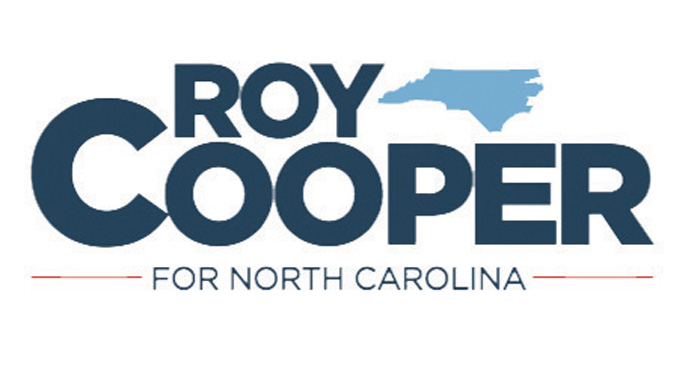
Jack Alegre
Staff Writer
Recent attempts in North Carolina to limit the authority and political effectiveness of incoming governor Roy Cooper are just the latest in a series of attacks on the principles laid out in the Constitution. This denial of proper democratic procedure is representative of a new style of no-holds-barred politics where policy is determined by a self-destructive pursuit of short-term victories and party caprice.
Defeated incumbent Pat McCrory’s decision to transfer his office’s power to the Senate came as a result of a failure to have Cooper’s victory voided on the grounds of voter fraud. Such measures, according to the New York Times, include requiring Senate confirmation for cabinet appointments and reducing the number of the governor’s employees by 80 percent. With the context of McCrory’s defeat it becomes apparent that the drastic measures of McCrory’s final policies are last ditch efforts to sabotage Cooper, not because McCrory felt that he himself needed more oversight. While many of McCrory’s more drastic efforts are undergoing judicial review, the alarming intent behind his maneuvers must not be understated.
While government oversight is necessary to prevent stagnation and corruption, McCrory’s sudden policy shift only became an option when he found out he would not be reelected. Cooper has inherited a position with a severely depleted staff and a hostile Senate that is strongly biased against him.
Cooper has inherited a mess; there is no easier way to put it than that. The real issue here, however, is that McCrory was able to pull off this stunt in the first place. The point of democratic elections is that the people’s will is not only expressed but accepted.
Not many people like the fact that the Trump presidency has been established, but they accept it so as to preserve the rule of democracy. For example, President Barack Obama’s first action after confirmation of Donald Trump’s victory was not to castigate him, but to diplomatically invite him to the White House and congratulate him. The whole point of a peaceful transition is to uphold democratic standards. Last minute changes from a departing official delegitimize and undermine the next administration by showing a lack of faith in their successor’s competence.
McCrory’s petulance in the face of defeat reveals an immature mindset that basically says “my way or the highway.” It’s the equivalent of a legally protected temper tantrum, allowed by his fellow Republicans in the state legislature. Politics has become a zero-sum game where the only correct opinion to have is that of the ruling party.
That’s not to say that the Democratic Party is spotless. As the Washington Post notes, the Democrats have also had problems with maintaining a balanced and fair political system. In 1976, newly elected Democratic governor Jim Hunt purged his administration of all 169 Republican policymakers hired during his predecessor’s tenure in what became known as the “Christmas Massacre.” Such events show that subversion of the democratic process is by no means new, and by no means limited to a single party.
Still, lawmakers in decades past sometimes put aside their short-sighted squabbles in order to carry out the will of the majority. In 1989, 20 Democrats in North Carolina’s House of representatives joined with Republicans to oust speaker Liston Ramsey, who was known for not giving Republicans proportional representation on House committees.
This bipartisan coalition that brought an end to Democratic abuse of power makes McCrory’s actions appear all the more self-serving and hypocritical. The inclusion of several Democrats in the coalition to oust Ramsey shows a willingness to rebuke the excesses of one’s party. There was a widespread agreement that democracy had been compromised, and the two parties agreement to work together showed a willingness to compromise for the greater good.
Deliberate ignorance of past multilateralism is what truly makes this whole debacle appalling. Gone is the willingness to work together. The means to do so are certainly still there, but the will is lacking. It ignores a shared history of working together to rid the political scene of corruption and only serves to drive a wedge further between the two parties.
For the Founding Fathers of our nation, no idea to them was so abhorrent as that of a political party. In his farewell address, George Washington opined that political parties “subvert the power of the people” and “afterwards [destroy] the very engines which have left them to unjust dominion.”
The situation in North Carolina and the United States as a whole reflects Washington’s fears perfectly. Multilateral efforts on the part of both parties towards common democratic goals were pushed to the side in favor of petty vengeance, spitting in the face of previous moments of cooperation. As the North Carolina power grab shows, it is far more enticing to act in the interests of a few politicians than in the spirit of the voters’ desires.
















